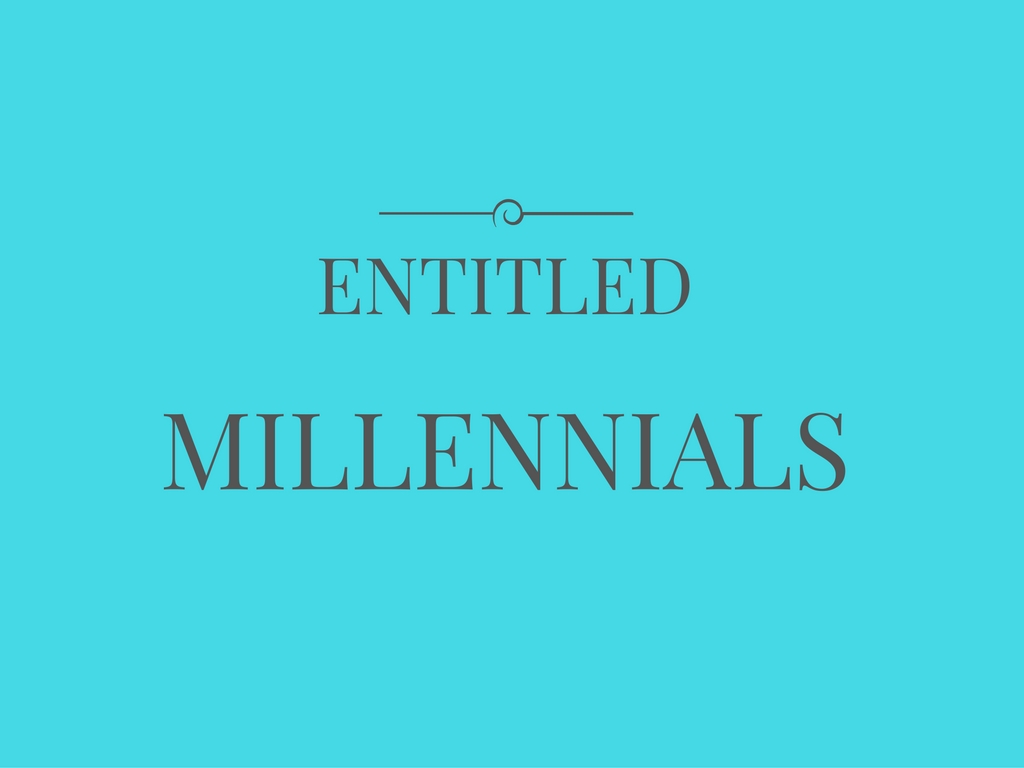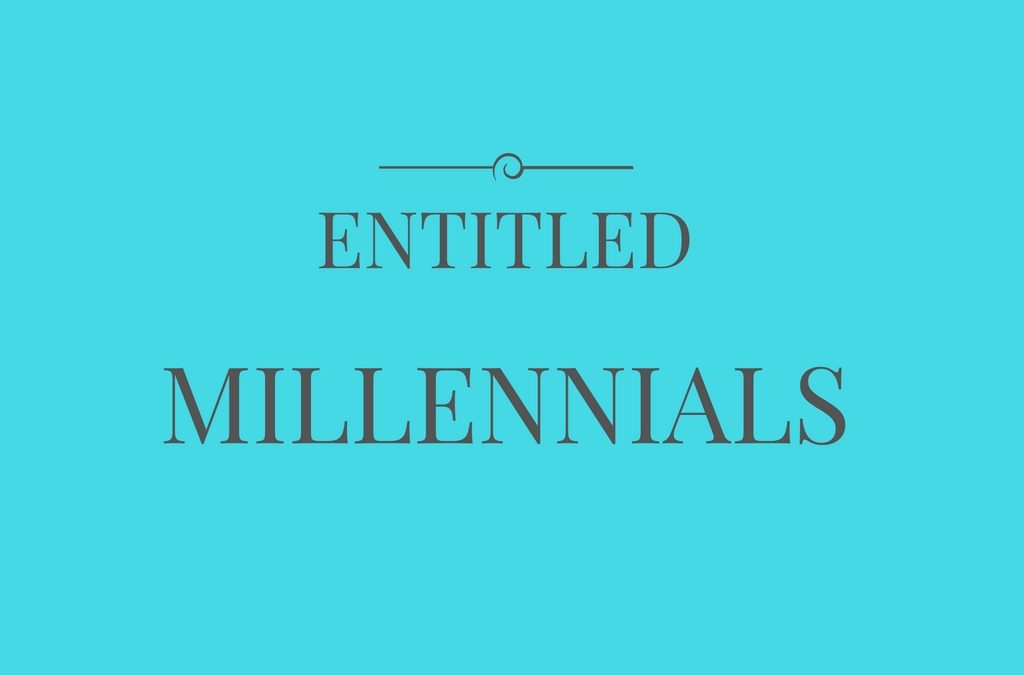 Is feeling or being entitled a bad thing? Many have labelled young people (Gen Y and Gen Z who are young people born after 1980 and frequently referred to as the Millennials) as the entitled generation. Furthermore this description is then used as a “whip” not as something that could really unleash divergent thinking and ultimately innovation to boost the workplace. Read on to find out exactly how these feelings of entitlement actually can boost real benefits for business.
Is feeling or being entitled a bad thing? Many have labelled young people (Gen Y and Gen Z who are young people born after 1980 and frequently referred to as the Millennials) as the entitled generation. Furthermore this description is then used as a “whip” not as something that could really unleash divergent thinking and ultimately innovation to boost the workplace. Read on to find out exactly how these feelings of entitlement actually can boost real benefits for business.
Let’s get started by reiterating the four generations increasingly found in workplaces – according to Hudson’s report entitled The Great Generational Shift – these generations are classified as:
- Baby Boomers if born between 1946 and 1964
- Gen X when born between 1965 and 1979
- Gen Y when born between 1980 and 1994
- Gen Z if born after 1995.
The reality of this is that some people are separated by half a century in workplaces – this is massive. Reading this report and various articles when researching this interesting topic, it is fascinating how quickly and easily people have been jumping to the “poor conclusions” and insights rather than thinking the best of each generation. Everyone would readily acknowledge there are entitled millennials who are less than ideal employees – however this is the same for every demographic within any organisation – what about the Baby Boomers who have taken control with a sense of earned entitlement as leaders in the workforce using the far more traditional styles of power and control type leadership? So the first challenge if we actually want to free all generations (and all genders for that matter) to boost business performance is to stop judging each other and putting labels on each other that encourage divisive behaviour and attitudes.
Plenty of the research actually substantiates a positive position for being “entitled”. Millennials are the entitled generation because they have been raised by the earlier generation(s) to believe it is possible to work somewhere where they can:
- Bring and have a sense of engagement with their employer
- Report to a direct line manager who exhibits engaging leadership qualities
- Be empowered to find effective ways to complete tasks
- Contribute to improving their team
- Expect strong and collaborative communication
- Strive to innovate and continually challenge the current status quo
- Think conceptually and in a socially responsible way about the future.
Hudson’s report discloses interesting statistics vital for existing leaders to heed if they want Millennials empowered to boost benefits for the business – like realising Gen Y are:
- 27% more people oriented than Baby Boomers
- 32% more ambitious than Baby Boomers
- 12% more conceptual and abstract in their thinking than Baby Boomers.
It is highly possible this level of ambition is confused for entitlement.
Within this report it is also fascinating to realise the Baby Boomers can continue to boost benefits when they learn better mentoring skills and leave a strong legacy within the business because they outrank Gen Y by being:
- 28% more decisive than Gen Y
- 34% more oriented toward “leading” than Gen Y
- 21% more persuasive than Gen Y.
Its really quite simple – stop judging and start leveraging what each generation DOES bring. The forgotten generation (Gen X) are becoming the natural diplomats forming the bridge between the Baby Boomers and the Millennials. The report reveals Gen X are:
- 13% more ambitious than the Baby Boomers
- 12% more strategic than Gen Y
- 14% more people oriented than Baby Boomers (females only).
Let’s stop paying out on generations – especially The Millennials, and rather invest this energy into strengthening the leadership capability across all generations. What is truly going to boost the performance and results of any business is that everyone can lead:
- Themselves with courage and authenticity
- Upwards using influence, empathy and a willingness to develop the kind of trust that enables challenging conversations
- Peers with trust, vulnerability and a desire to complete not compete when working for the same goal
- Team members with transparency, collaborative intentions and a willingness to be challenged.
Start a conversation with us if you want to know more about building this kind of leadership capability across all generations.










